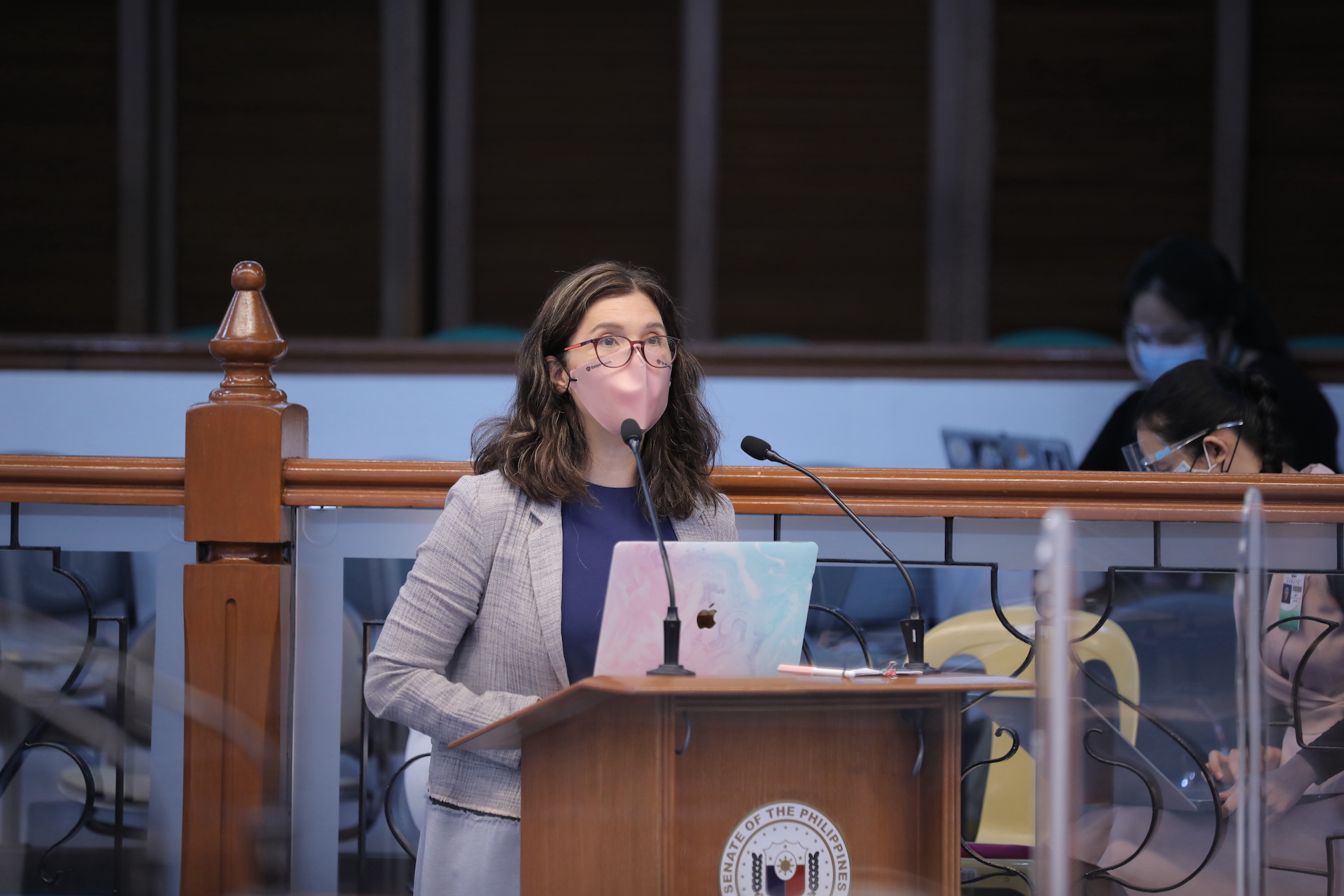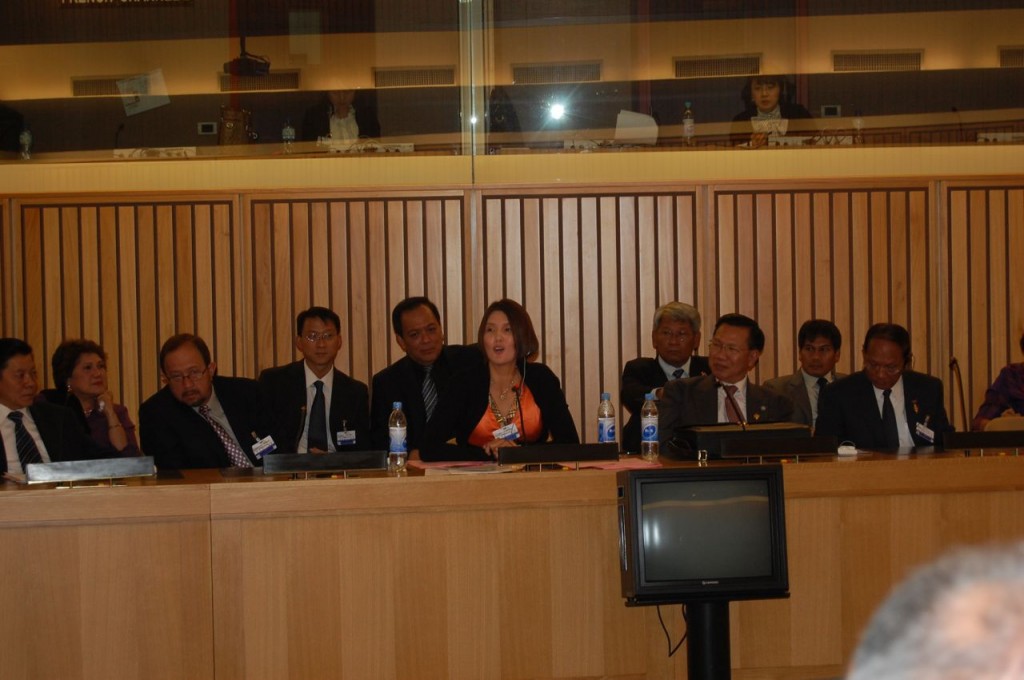I have come to accept that I will never see my son again in this lifetime. He died in my arms almost eight years ago. But Edith Burgos does not know the fate of her son. He is missing.
What does a mother do, when her son has gone missing?
If you were Edith, you will rally in front of Camp Aguinaldo, the headquarters of the Armed Forces of the Philippines, hear mass followed by a visit to the Senate to push for the passage of “Enforced Disappearance” bill.
Exactly two years ago, Jonas Burgos was abducted in broad daylight inside a mall in Quezon City. One of the evidence of his abduction is the plate number of the vehicle used by the perpetrators. The family of Jonas maintains that the vehicle was traced to the 56th Infantry Battalion of the 7th Division then headed by Maj. General Jovito Palparan. On the principle of command responsibility, Gen. Palparan was expected to take the lead in investigating this case.
But to this day, no one has been held accountable for Jonas’ disappearance. And yet, Gen. Palparan was later promoted and is now a member of Congress in the Lower House representing a party-list group.
Edith pleaded for a writ of amparo. The writ of amparo is an order issued by a court to protect the constitutional rights of a person. It compels the state to act on disappearances, to look for missing persons. It can hold officials liable if the court finds that they did not exert enough effort in finding the person.
In this case, the Court of Appeals partially granted her plea by directing the military and police to provide her with documents. But it denied Edith’s bid to inspect military camps possibly holding her son. It ruled that Edith Burgos failed to show that the military was behind the kidnapping of Jonas. The Court of Appeals did order AFP chief of Staff Lt. Gen Yano to reinvestigate the case with vigor. It also ordered PNP Director Gen Avelino Razon Jr to investigate and file charges. Both Yano and Razon were directed to submit compliance reports within 10 days after the completion of their investigations.
Edith Burgos told me that General Yano and General Razon NEVER SUBMITTED the compliance report required by the Court of Appeals and that the report she got was given to her ten months AFTER the CA order and only because they were about to be cited for contempt. She has elevated this case to the Supreme Court, but there has been no decision yet.
In this case, can we say that the writ upheld the constitutional rights of Jonas? Has the state acted sufficiently on the his disappearance? Were any officals held liable for not exerting enough effort to find him?
The minority floor leader, Aquilino Pimentel delivered a privilege speech on this matter. I stood up to interpellate him.
“I am appalled that government officials involved in this incident and similar crimes, can go to sleep at night and then wake up in the morning pretending that this never happened or that it is acceptable that it happens.”
I asked the minority leader, “what exactly do they expect us to think?”
Senator Pimentel replied, “all of the above, but the reason why these kinds of crimes persist, is because the perpetrators are rewarded with higher positions in government. And for those who tell the truth and report a crime like Jun Lozada, they are persecuted.”
“Ohhh,” I said, “it’s a system of reward and punishment that any child can relate to. So is this the lesson this government is teaching our children? Commit a crime and get a reward? Do a good deed, and get punished?”
In a press statement issued today, Lorena Santos, the Deputy Secretary General of Desaparecidos posed the question, “So, how long do we keep looking for a desaparecido?
To this I add: “How long do you keep loving a child? How long do you keep fighting for justice? I should hope that my children, the grandchildren of Senator Pimentel and Edith Burgos will continue to fight for justice and bring to closure the cases of all desaparecidos.”
On that note, I ended my interpellation with an appeal to our President, our chief executive and the commander in chief of the Armed Forces, to finally do what is right. Reward the just and punish the guilty.
Is that too much to ask?

n.b. Incidentally, the definition of the writ of amparo was a bar question when I took the bar exam. It was unheard of at that time. It has recently been touted as the “magic solution” to missing persons cases. But is it?
































